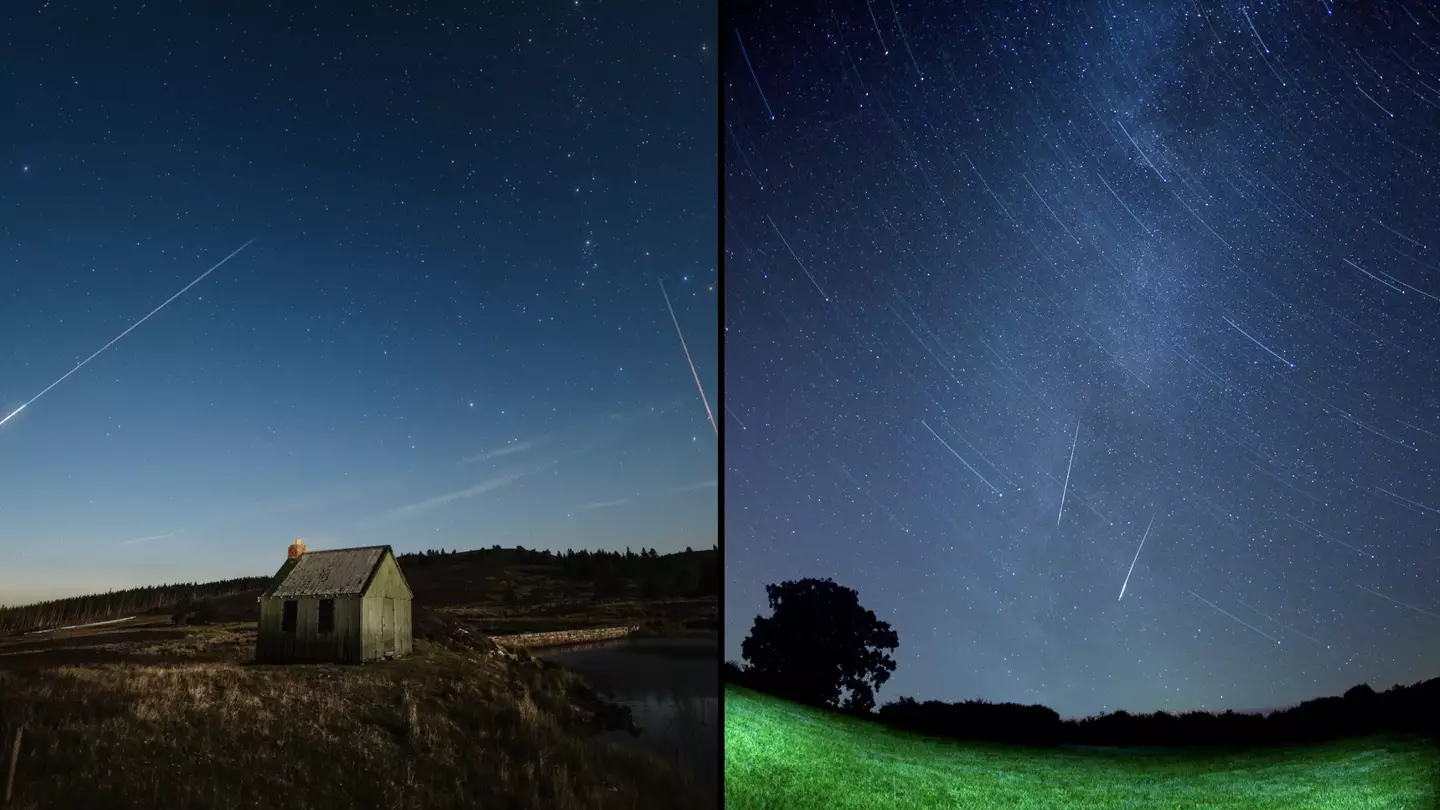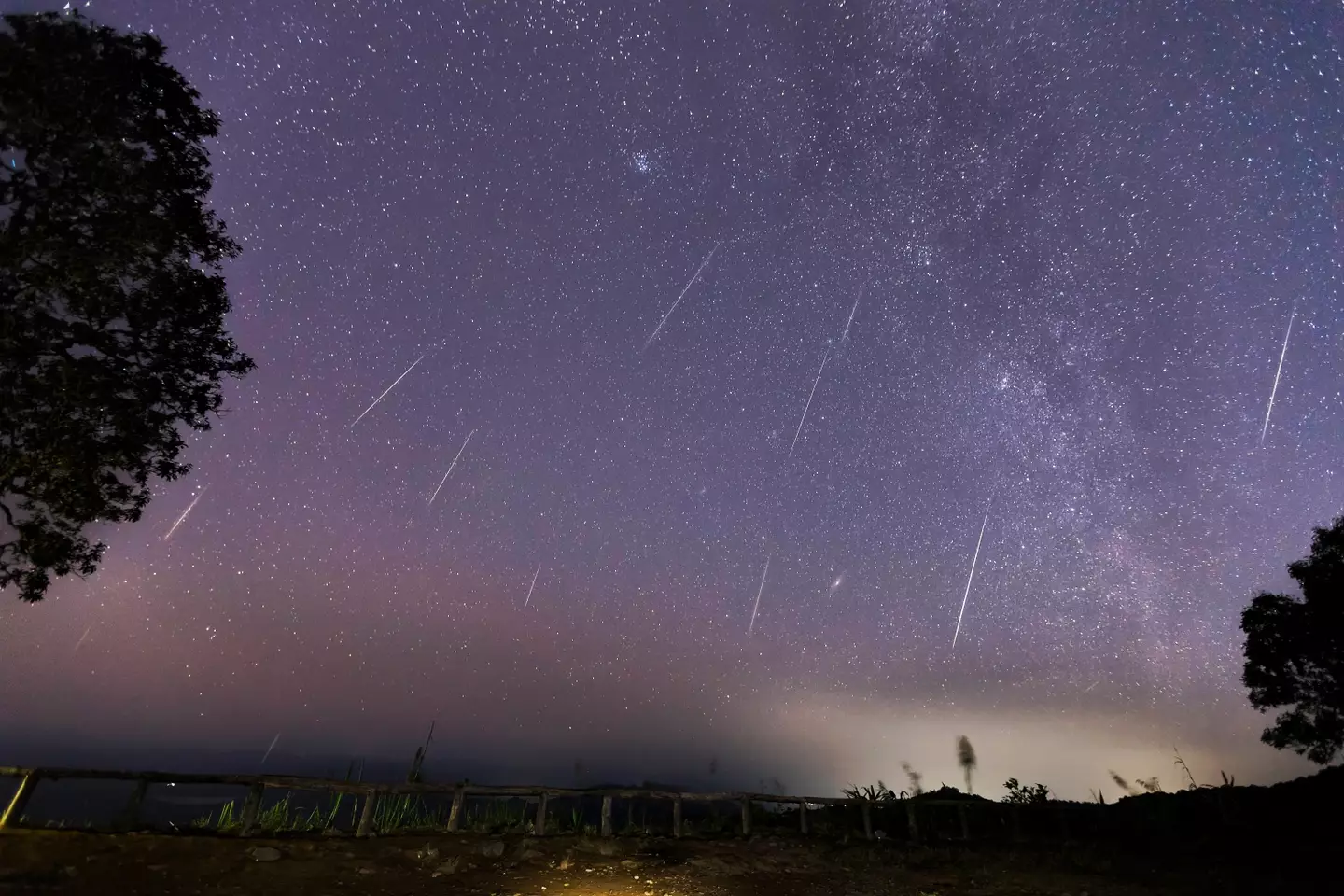
Get ready to make a wish lads, because you could be spotting a shooting star before going to bed.
Yep, there’ll be a meteor shower tonight (11 November) in the UK that will be visible to the naked eye.
The Northern Taurids will peak overnight, having been active since October. This meteor shower is caused by the Earth ploughing through debris left behind by Comet Encke.
It’s a particularly slow one but does produce some pretty bright meteors, so you might be lucky enough to see one of those ‘shooting stars’.
Advert
The astronomical event is so slow that it does only produce about five meteors an hour but with a decent weather forecast tonight, it could all work out.
.jpg)
How to see The Northern Taurids meteor shower
To see a meteor shower, you need a good, clear view of the stars with no clouds getting in the way.
Much of the UK is in for a relatively good sky tonight but patches of fog might get in the way for some people – particularly across north Wales, north-west England, southern Scotland and Northern Ireland.
Advert
To be able to see the Northern Taurid meteor shower peak tonight, you want to head somewhere with dark skies, a decent unobstructed horizon and very little light pollution. So basically, get out of the cities.
Luckily, you won’t need to bother with binoculars or a telescope, your own bare eyes should be able to see it just fine.
However, it will help if you go out a little early and give your eyes about half an hour to be able to adjust to the dark.
And as to when it comes to the best time to see it tonight, that should come at about midnight.

Advert
This is because that’s when the shower’s radiant (the spot in the sky from which the meteors appear to emanate), the Taurus constellation, is right up high in the night’s sky.
Those shooting stars will be visible all over the place, so make sure to move your eyes about the nearby constellations to try and spot as many of them as you can.
If you can’t be bothered staying up for this tonight, the Leonid meteor shower will peak next week on 18 November.
The Leonids tend to be one of the most prolific with fast and bright meteors.
But the only issue with it this year is that it’ll happen a couple days after Full Moon, meaning the natural light pollution will impact visibility.